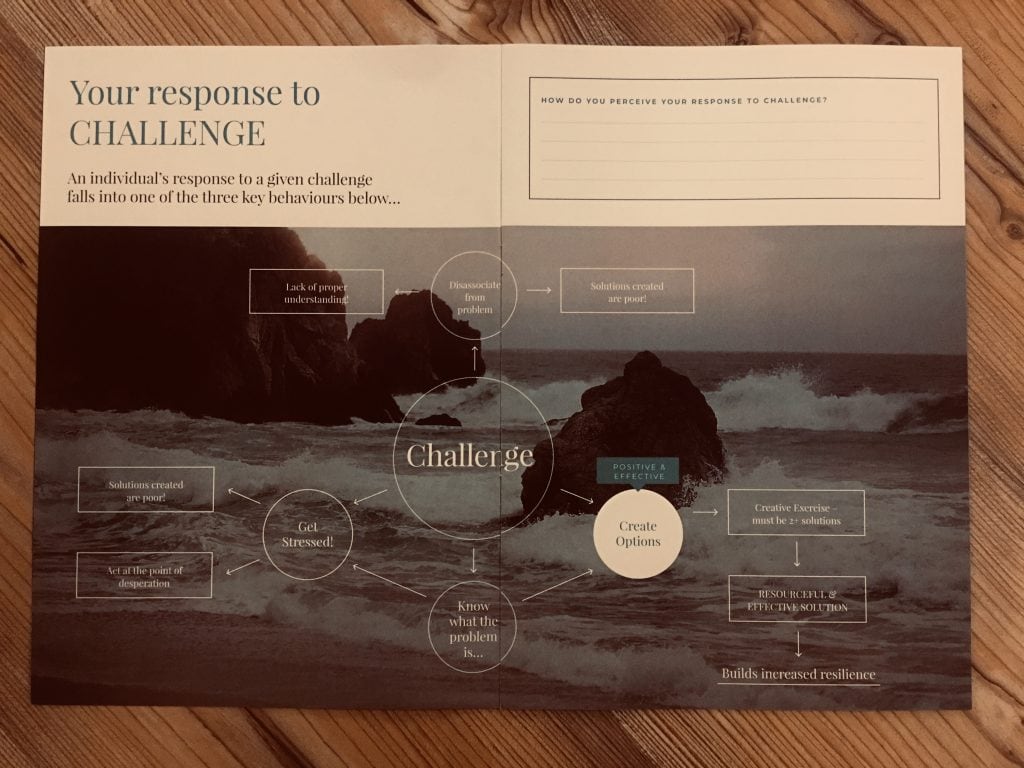What’s the biggest drain on resilience at work? A 2015 survey of 835 British employees revealed that it’s not being challenged on work matters, being criticized or even experiencing upheavals in your personal life—it’s having to manage difficult relationships and politics at work.
The purpose of the study—published by the Harvard Business Review—was to determine the meaning of resilience, why it matters and what circumstances caused someone to draw on their heaviest reserves. When those employees and business leaders were asked where they got those reserves from, around 15 percent said their organization provided it for them, 20 percent through the work they do and 50 percent through their relationships. However, most tellingly, and perhaps most unsettling, is that 90 percent said they got resilience from themselves alone.
This statistic confirms two things: it’s lonely at the top and, as tempting as it can be, you can’t do it all on your own. A good business leader will recognise this sooner or later (hopefully it’s sooner—later may be too late) and take action before both their personal and professional lives come crashing down.

Photo by Attentie Attentie on Unsplash
In his book ‘Evolve to Succeed’ Evolve founder Warren Munson says one of the keys to developing resilience is a strong self-awareness.
“For every single entrepreneur out there, the stresses and strains of running a business are guaranteed to take some kind of toll, whether mental, physical or both,” he says. “Self-awareness allows you to recognise this. But having taken stock of how you’re doing, it’s important to then actually take action to maintain or improve your well-being. Whatever you do, don’t ignore the problem. Make changes where you can, and seek external professional help if you think it’s necessary.
“Be really honest with yourself here: you can’t run a business if your body and mind are broken. I have seen it happen so many times; where entrepreneurs have stopped exercising, eat worse food, drink more alcohol and sleep very little. These things gradually creep up on them as they become busier and busier. But to perform at a high level mentally the body has to be taken care of: being fit and healthy means you still have energy at the end of the day rather than feeling lethargic, and it means being able to think clearly rather than having a mind fogged by tiredness and a false and short-lived sugar or caffeine high.”
In another article on the Harvard Business review, Diane Coutu explains: “Resilient people possess thee characteristics—staunch acceptance of reality; a deep belief, often buttressed by strongly held values, that life is meaningful; and an uncanny ability to improvise. You can bounce back from hardship with just one or two of these qualities, but you will only be truly resilient with all three. These three characteristics hold true for resilient organisations as well. Resilient people and companies face reality with staunchness, make meaning of hardship instead of crying out in despair, and improvise solutions from thin air. Others do not.”
Resilience is a subject discussed at length in Evolve peer groups. Your individual workbook—‘Building Resilience’—explores effective behaviours for building resilience and developing key responses to challenges.

Peer groups members are asked to think of a challenge they have recently overcome and write down what they learned from the experience. Evolve believes by sharing your experiences with like-minded people—such as in a peer group setting—you’ll learn new skills and gain insight into the behaviour of both yourself and your team. The end result? Building strong foundations for resilience and gaining more of that ever-important self-awareness.
Why not try out an Evolve peer group for free?
